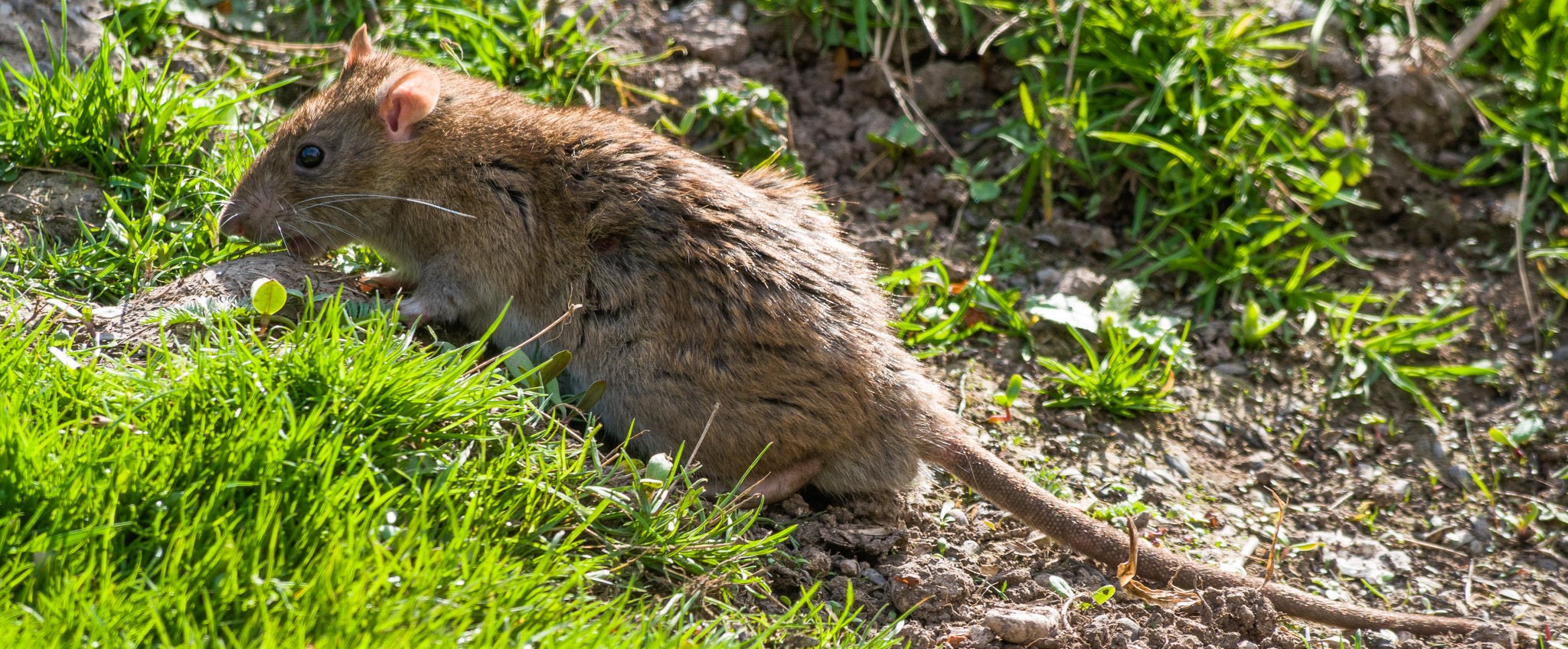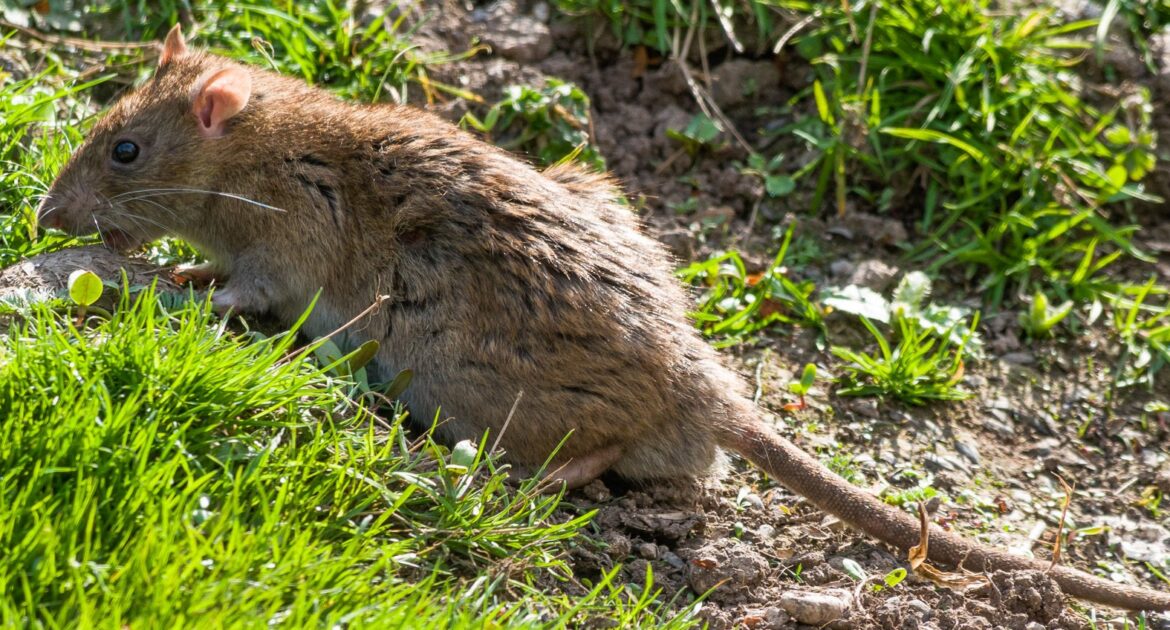Rodents in your home? It’s more common than you think. These unwelcome visitors can cause serious problems, from contamination to structural damage. But how do you know if you’re dealing with rats or mice? While they may look similar, rats and mice have different behaviours, and nesting habits, and require specific control methods. Identifying the type of rodent in your home is the first step to solving the problem.
Let’s dive into the world of rodent infestations and break down the differences between rats and mice. Scurrying shadows, tiny footprints, and chewing sounds are clear signs that rodents have moved in. Knowing whether it’s rats or mice is key to understanding how to handle them effectively.
Spotting the difference isn’t always easy. A quick glimpse, droppings, or gnaw marks can provide clues, but knowing their unique behaviours and traits makes a big difference. In this blog, we’ll cover the key differences between rats and mice, their habits, and how to control them to keep your home rodent-free.
Ready to tackle your rodent problem? Learn about their nesting habits, behaviours, and control methods to take back control of your space. And if you need expert help, Skedaddle Humane Wildlife Control in Niagara is here to assist. Let’s get started and put an end to these unwanted guests for good.
Rats vs. Mice: The Key Differences
Determining whether you’re dealing with rats or mice can be tricky, especially if you only catch fleeting glimpses or find evidence such as droppings or gnaw marks. Here’s how they differ in size, diet, behaviour, and breeding.
Size and Appearance
- Mice are small, light, and agile. They typically have pointed noses, large ears, and slender tails.
- Rats, on the other hand, are larger and heavier with blunt noses, smaller ears (relative to their larger bodies), and thicker, scaly tails.
If you’ve spotted a tiny rodent scurrying around, chances are it’s a mouse. A larger, lumbering intruder climbing through your basement might be a rat.
Dietary Habits
- Mice prefer nibbling on grains, seeds, and other plant-based foods.
- Rats are less picky, eating nearly anything they come across, including meat, garbage, and leftover scraps.
This versatility makes rats even more intrusive since they’ll forage through trash bins or chew their way into your food supplies.
Behaviour
One of the key differences is how they explore new spaces.
- Mice are naturally curious and will fearlessly snoop around new environments.
- Rats, however, are highly cautious and take longer to venture into new areas or interact with unfamiliar objects (like traps).
This difference can make controlling rats more challenging, as they actively avoid new or unusual stimuli in their environment.
Breeding and Colonization
Rodents reproduce at alarming rates.
- Mice breed faster, often producing sizable litters every few weeks.
- Rats don’t reproduce quite as rapidly but are harder to eliminate once they establish a colony.
Knowing these habits helps when strategizing how to eliminate them effectively.
Unique Challenges of Each Infestation
Whether rats or mice have moved into your home, they bring unique challenges for homeowners.
Mice Infestations
Mice are small, nimble, and resourceful, often viewed as the “sneaky” rodent.
- They create small nests using materials like paper, fabric, or insulation.
- These tiny creatures can fit through holes as small as a dime, making almost any home vulnerable to entry.
- They tend to invade kitchens and pantries, contaminating food storage areas with their droppings and urine.
Rat Infestations
Rats are far more destructive and can wreak havoc on your property.
- Their powerful teeth allow them to chew through wood, pipes, and even electrical wiring, posing a fire hazard.
- They are known to spread diseases such as leptospirosis and hantavirus, which can pose significant health risks.
- You’ll often find rats burrowing outside in your yard, lurking in basements, or nesting in sewer systems.
The damage caused by rats can escalate quickly—don’t underestimate their destructive potential.
What Happens When Rats and Mice Collide?
Did you know rats and mice don’t play nice? When these two rodents cross paths, rats are usually dominant. Here’s why you might see rats moving in when mice have already taken up residence.
Rats are highly territorial and will drive mice out of their established spaces. In fact, the presence of rats often means your mouse population will dwindle—but don’t celebrate just yet. This exchange only escalates property damage and contamination.
Since rats are larger, they create more extensive damage to your home’s structure and are even harder to get rid of once established.
If you’re dealing with rats and mice simultaneously, you’re better off calling in the pros right away.
Why Professional Rodent Control Is Essential
When it comes to dealing with rats and mice, it may be tempting to take matters into your own hands. But here’s the thing: these rodents are smart and resourceful. They can easily outsmart traps or simply avoid them altogether. While store-bought solutions might provide temporary relief for minor issues, larger infestations require the expertise of professionals who know how to tackle the problem effectively.
Rats and mice are intelligent creatures, and they can quickly figure out how to avoid traps if they aren’t placed correctly. Store-bought solutions often fall short when it comes to dealing with larger infestations. These rodents can return easily if the entry points in your home aren’t properly sealed.
When you enlist the help of professional rodent control experts, you gain access to their knowledge and experience. For instance, Skedaddle Humane Wildlife Control can identify entry points, nesting sites, and food sources for both rats and mice, ensuring a targeted approach to eliminating the infestation. We use humane and effective methods to remove rodents and prevent them from returning. Plus, we provide comprehensive guarantees to ensure your home remains rodent-free.
So, why take chances with DIY methods when you can rely on the expertise of professionals? Let us handle the job and regain peace of mind, knowing that your home is protected from these unwanted guests.
Keep Rodents Out of Your Home for Good
Wondering how to know if you have mice or rats in your house? When it comes to mice vs. rats, correctly identifying whether you have a mouse or rat infestation is crucial. The control methods and strategies can vary depending on the species, making it essential to enlist the help of professionals like Skedaddle Humane Wildlife Control in Niagara. Our expert team possesses the knowledge and experience to accurately assess the situation, ensuring the most effective removal techniques are employed.
Understanding the differences between mice and rats is key to effectively addressing an infestation. For example, mice are smaller and typically nest in small groups, while rats are larger and tend to live in bigger colonies. These distinctions play a crucial role in determining the most effective control methods to eliminate them and prevent their return.
For guaranteed results and peace of mind, rely on Skedaddle Humane Wildlife Control. Our team will not only remove the rodents humanely but also provide comprehensive guarantees to ensure your home remains rodent-free. Trust us to safeguard your home and protect your family from these unwanted guests.
To learn more about our professional removal services and request a quote, contact us today. Don’t let mice or rats take over your home—take control with Skedaddle.




